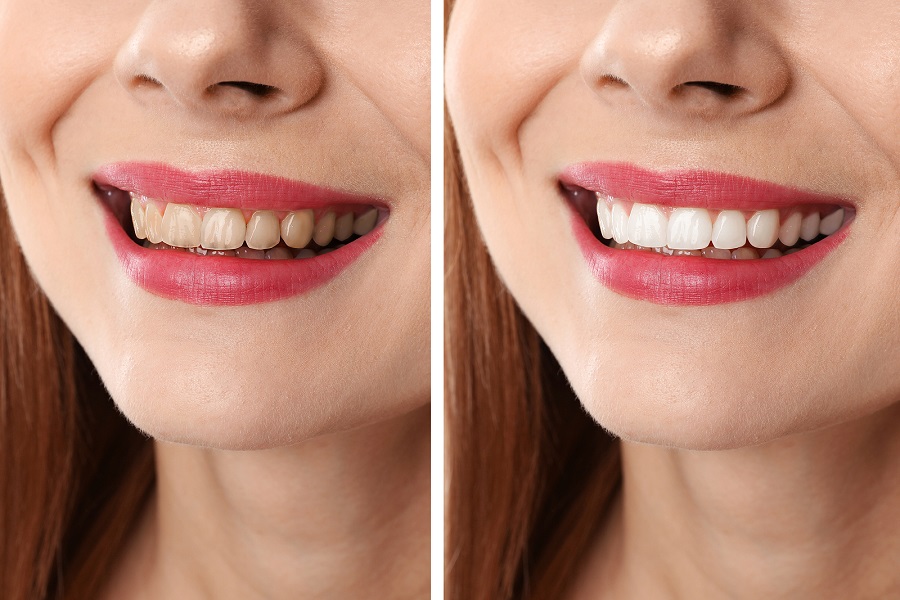8 FACTS ABOUT FLUORIDE
Fluoride, which is found in our food and in water, occurs naturally or can be added to the water supply. We’ve always been told by our local dentist in Phoenix that fluoride can be very beneficial for our teeth, but many of us do not understand why. It is important to know the reason that your local phoenix dentist may suggest the use of fluoride, and understand how it works to help us maintain good oral health.
Top Facts about Fluoride
Let’s take a look at some informative flouride facts:
- Our teeth have an enamel layer. Every day, minerals are lost and added to this layer due to the acids in our mouths. This process is called demineralization and remineralization. These acids are formed from plaque bacteria and sugars that enter the mouth, and they work to attack the enamel which is called the demineralization process. When minerals, such as fluoride, are redeposited on the tooth enamel, this is called remineralization. Without a good balance of both of these processes, the enamel layer will decay and tooth damage will occur.
- Fluoride helps prevent teeth from decaying by making the teeth more resistant to acids and disrupting acid production in the mouth. Flouride has also been known to reverse early decay.
- Fluoride helps remineralize the enamel on teeth by adding its mineral protection to our enamel and speeding up the remineralization process of teeth.
- As we have mentioned, fluoride is found naturally in foods and water, but it can also be added to the local water supply by cities or municipalities, or can be applied directly to teeth by your local Phoenix dentist as a foam, a gel, or a varnish.
- Flouride is also found in toothpaste and mouth rinses but with a lower level of fluoride than what your Dentist can apply.
- Fluoride supplements can also be prescribed by your local dentist and you should ask if you would benefit from additional fluoride.
- How safe is our use of Fluoride? Fluoride is safe and effective when we use it as directed or when ingested at approved levels, though it can become harmful at high doses.
- According to some experts, flouride is not recommended for use in children under 6, and parents should always supervise the use of fluoride in older children.
- Always store fluoride supplements away from children.
- Excess fluoride can actually cause some defects in tooth enamel known as fluorosis. It can look like white streaks or specks on our enamel and occurs when teeth are forming. Usually this process occurs in children under 6, and is generally associated with naturally occurring fluoride that is contained in our water, especially well water, or water from a water-treatment plant treated with flouride.
- If you have well water in your home and are concerned about the levels of fluoride, testing of the water is always encouraged by experts.
- However, suspicion of high levels of fluoride are not always cause for alarm. It is very difficult to reach hazardous levels, since fluoride containing products in our home contain a very low level of fluoride and water flouridation is monitored.
The American Dental Association actually thinks that people could be missing out on some decay-preventing effects of flouride by drinking bottled water instead of the fluoridated water supplied by our communities. Even though there are no scientific studies, the ADA adds that most of the bottled water we enjoy does not contain optimal levels of fluoride.
Conclusion
Now that you are armed with some fluoride facts, you can better understand the fluoride process, its benefits, and its cautions. As always, if you have any questions about fluoride, its safety, effects, and use, contact your trusted local dentist in Phoenix, who is always your best source for answers and advice on achieving complete oral health.






















0 comments